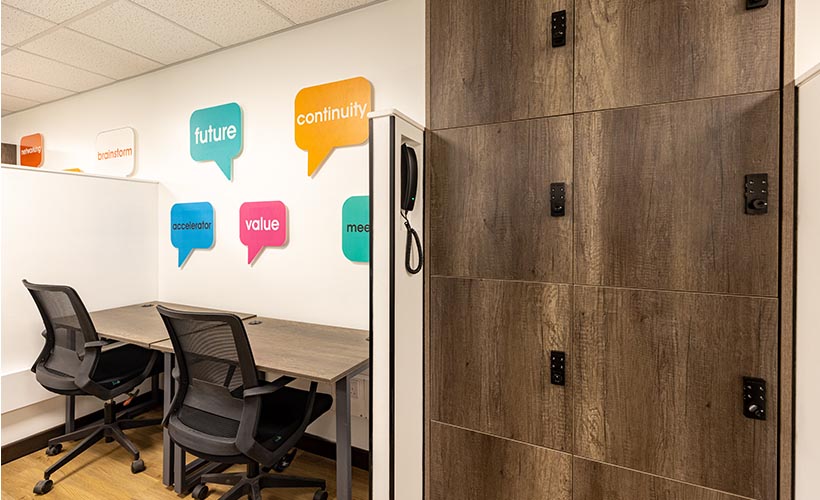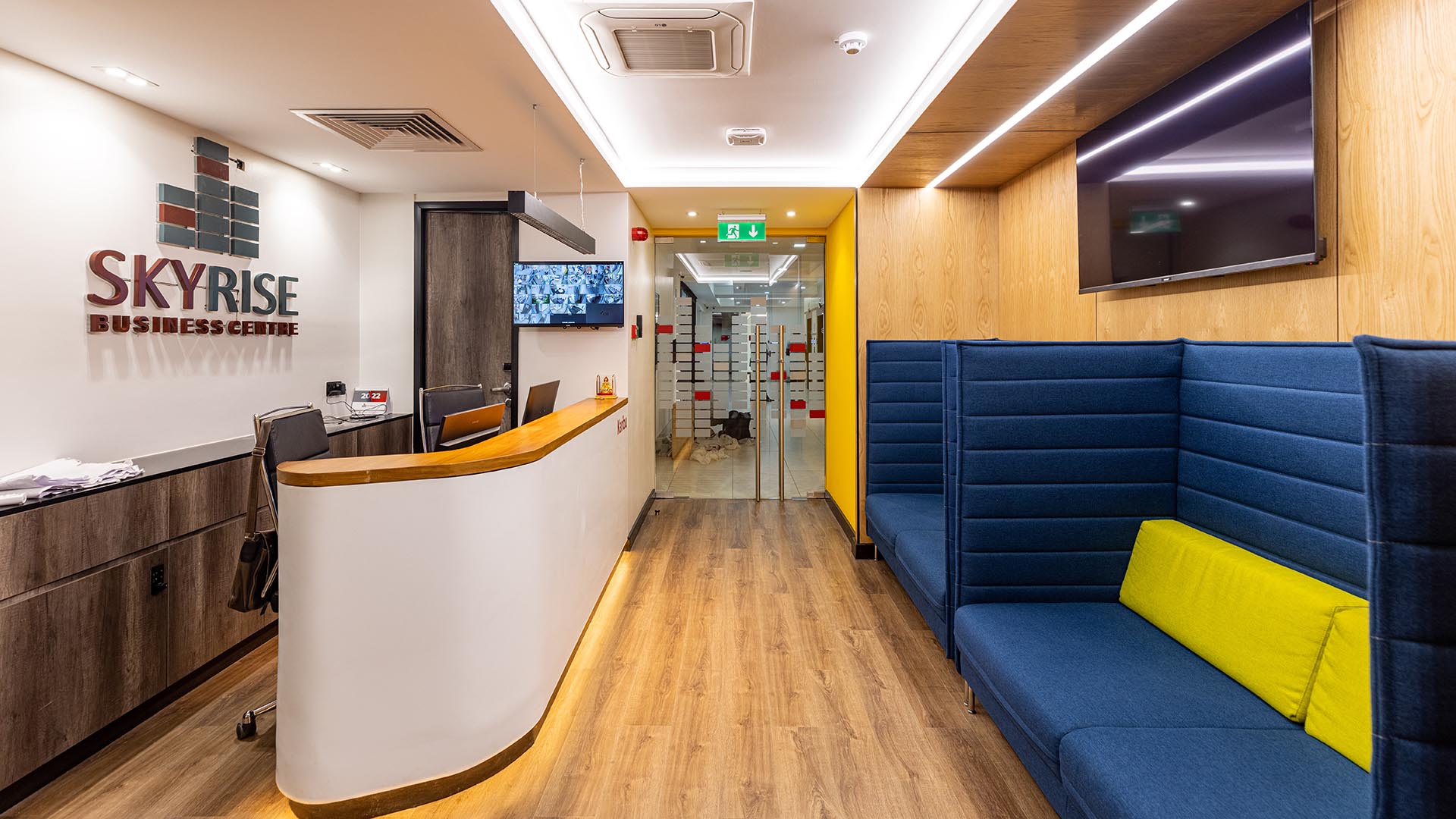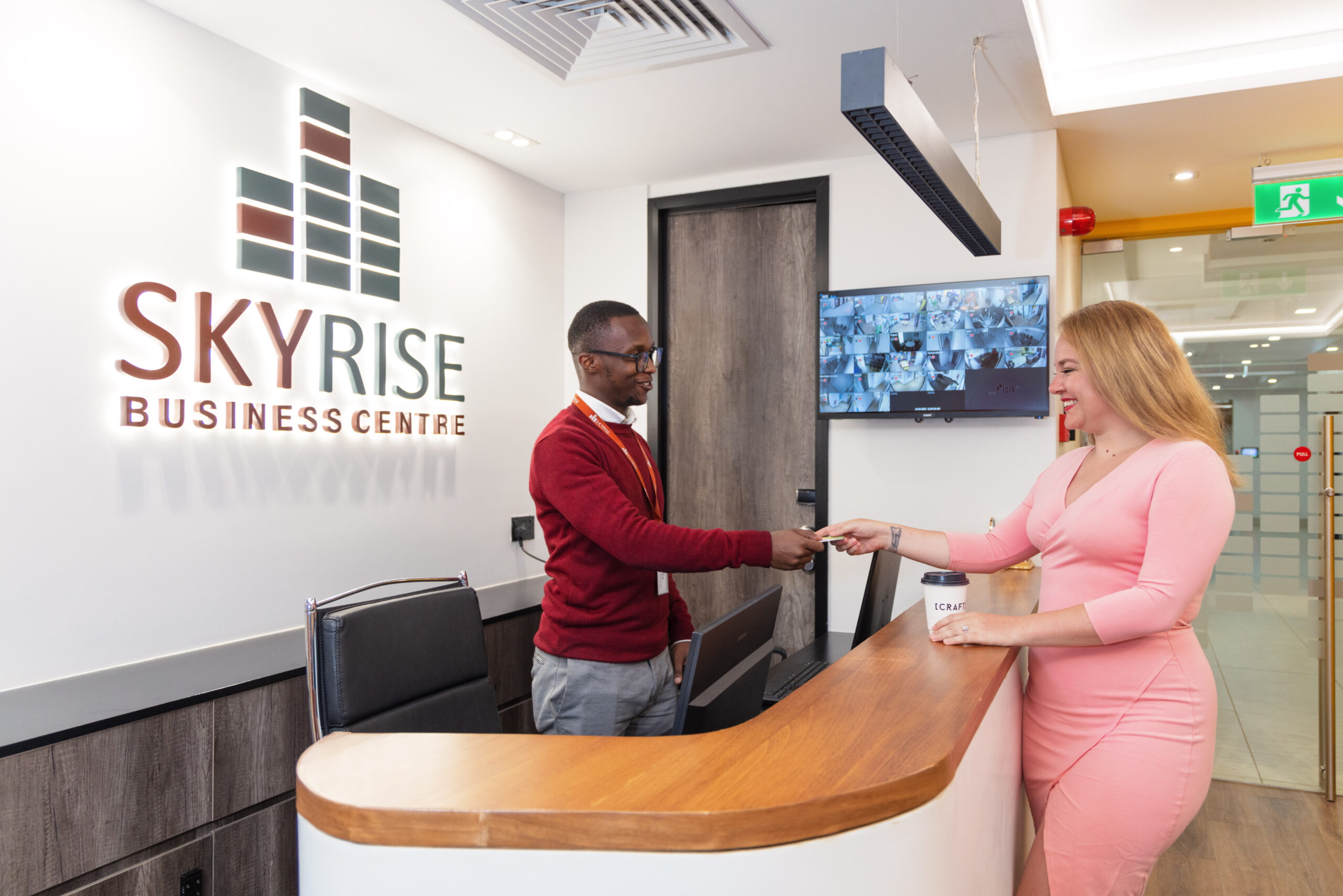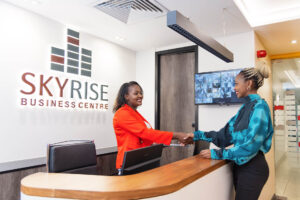Recent global events have brought about a significant shift in the way people work, live, and interact with their environment. With the adoption of remote work and the rise of e-commerce, occupiers’ expectations have evolved. In this article, we will discuss the changing occupier expectations in the current scenario and the implications for the real estate industry.


Key Highlights:
- Flexibility – This is a key requirement for occupiers. With remote work becoming the norm, they expect flexible lease terms, agile workspaces, and the ability to scale up or down as needed. This has led to a rise in demand for coworking spaces, serviced offices, and flexible lease arrangements. Landlords and developers need to be more responsive to occupiers’ needs and provide spaces that are adaptable and easily reconfigurable.
- Health and Wellness – Occupiers are increasingly looking for spaces that promote employee health and well-being. This includes amenities such as outdoor spaces, fitness centers, and healthy food options. The incorporation of biophilic design elements like natural light, greenery, and natural materials can also improve occupiers’ wellness and productivity.
- Technology – Occupiers are looking for spaces that are equipped with the latest technology. This includes high-speed internet, video conferencing facilities, and smart building features like IoT sensors and touchless controls. Developers and landlords need to invest in technology to provide occupiers with the tools they need to work effectively and efficiently.
- Sustainability – Sustainability has become a top priority for occupiers. They are looking for spaces that are environmentally friendly and socially responsible. This includes buildings that are energy-efficient, incorporate sustainable materials, and promote eco-friendly practices like waste reduction and recycling. Developers and landlords need to adopt sustainable practices to attract and retain occupiers who are committed to reducing their environmental footprint.
- Community – Community has become increasingly important for occupiers. They are looking for spaces that foster a sense of community and collaboration. This includes shared amenities such as coffee bars, lounges, and event spaces that encourage networking and interaction. Developers and landlords can build a sense of community by hosting events and facilitating collaboration between occupiers.





